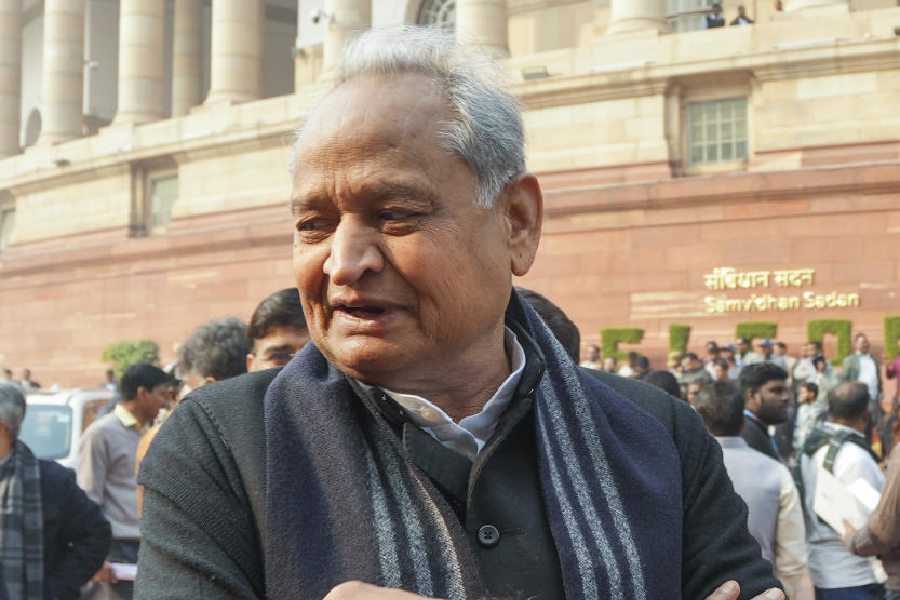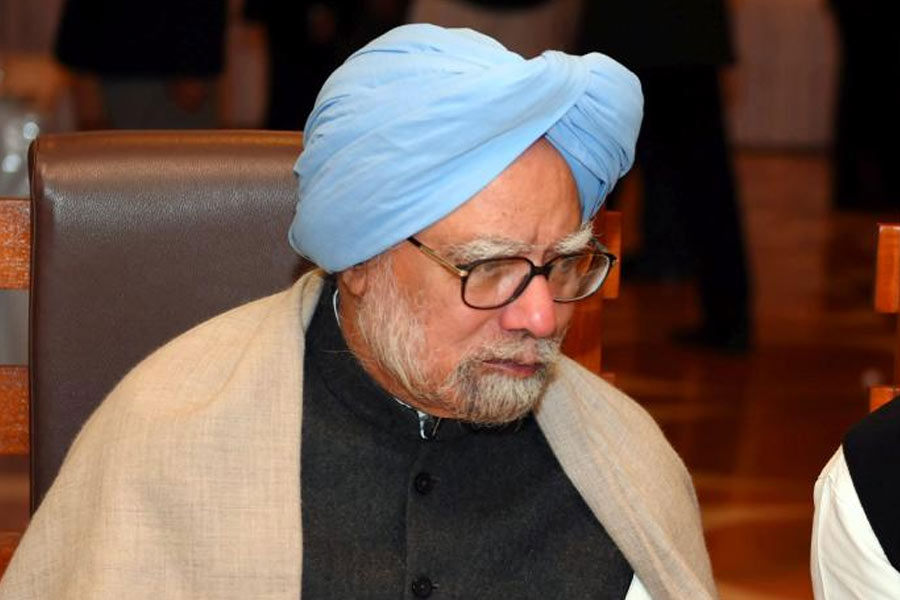A high court cannot frame a scheme for the government or direct it to frame one but only ask it to “consider” framing a particular scheme, the Supreme Court has ruled.
It set aside an Uttarakhand High Court judgment directing the Centre to regularise the services of several casual labourers working for the Border Roads Organisation (BRO).
“The high court failed to see that it is not the function of the courts to frame any scheme but it is the sole prerogative of the government to do it,” the bench of Justices A.M. Sapre and Dinesh Maheshwari said, upholding the Centre’s appeal.
“All that the high court, in exercise of its extraordinary powers (to issue directives) under Article 226 of the Constitution, can do is direct the government to consider for framing an appropriate scheme having regard to the facts and circumstances of any case… but not beyond it.”
A single-judge high court bench had, on a petition from Leftist labour body All India Trade Union Congress (Aituc), directed the Centre in March 2015 to regularise the workers.
Aituc had argued that the labourers had worked for a long time on a single BRO project in Uttarakhand relating to the Char Dham Yatra pilgrimage, but were being deprived of the salaries, perks and other benefits due to regular government employees.
A division bench dismissed the Centre’s appeal in December 2016 and fined it Rs 50,000.
It directed the Centre to frame a scheme within three months to regularise all those who had worked for more than five years continuously with the BRO or the allied organisation, the General Reserve Engineering Forces.
Further, it ordered the government to pay them under the minimum pay scale for the corresponding Group D employees, with all the benefits such as dearness allowance, house rent allowance, city compensatory allowance, regular increments, provident fund, gratuity and bonus.
But the apex court ruled: “Casual employment terminates when the same is discontinued, and merely because a temporary or casual worker has been engaged beyond the period of his employment, he would not be entitled to be absorbed in regular service or made permanent.”











